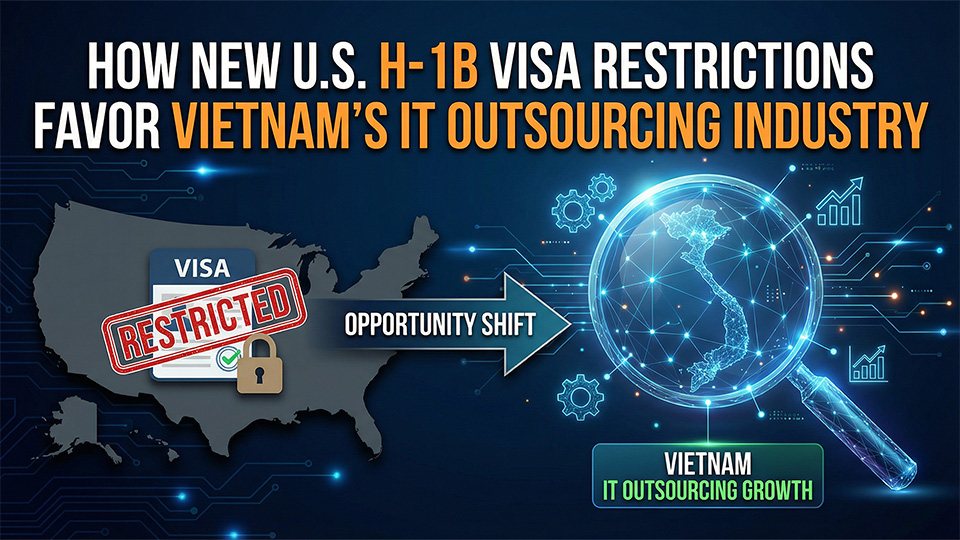May 12, 2023
The Impact of Branding on Your Next Mobile App
Mobile apps have become an integral part of our daily lives, providing us with instant access to information, services, and entertainment. In today's crowded app marketplace, it's more important than ever to create a unique identity for your app that stands out from the competition.
One way to achieve this is through effective branding. In this article, we'll explore the impact of branding on your next mobile app and provide best practices for creating a strong app brand.
What is Branding?
First, let's define what we mean by branding.
Branding is the process of creating a unique identity for your product or service that sets it apart from the competition. This includes everything from visual design to messaging and tone of voice.
So what are the key elements of a strong app brand? First and foremost, your visual design should be consistent and reflect your brand's personality. This includes your app icon, color scheme, and typography.
Your messaging should also be clear and concise, communicating your app's value proposition and benefits to users.
Tone of voice is another important element of branding, as it sets the tone for how users will interact with your app and perceive your brand.
Why is Branding important for your app's success?
Investing in app branding can have a significant impact on your business. Studies have shown that users are more likely to engage with and remain loyal to apps that have a strong brand identity.
A well-executed brand strategy can help differentiate your app from competitors, communicate its value proposition clearly, and create a sense of trust and credibility with your target audience. By investing in branding, businesses can establish a positive perception of their app in the minds of users and create a strong emotional connection that can lead to long-term loyalty and advocacy.
In addition to enhancing user engagement and loyalty, branding can also have a positive impact on user acquisition and revenue. A strong brand identity can help attract new users and drive downloads, as users are more likely to choose an app that stands out and resonates with them. Furthermore, a well-branded app can also command higher prices and generate more revenue through in-app purchases and subscriptions.
Components of Branding for Mobile Apps
Now that we have a good understanding of app branding and its significance, it is time to consider how to integrate it into your entire sales and development process. Your product's app branding is expressed in three primary areas. They are:
1. Brand positioning
Brand positioning is the art of making your product or service stand out from the crowd of competitors. It's how you create a unique identity and value proposition for your target audience. Brand positioning is not just about logos, slogans, or colors. It's about crafting a story that resonates with your customers and makes them want to choose you over others.
For example, Nike positions it self as a motivational and inspirational brand that empowers athletes of all levels to achieve their goals and overcome obstacles. Their positioning statement “Just Do It” delivers this spirit immaculately!
Brand positioning is not a one-time thing. It's an ongoing process that requires constant research, analysis, and adaptation to changing customer needs, preferences, and expectations. Brand positioning is also not something you can do alone. It requires collaboration and alignment among all the stakeholders in your organization, from product development to marketing to sales to customer service.
2. Brand identity
Brand identity is the way a company presents itself to the world. It includes elements such as logo, color scheme, slogan, voice, and personality. A strong brand identity can help a company stand out from the competition, attract loyal customers, and create a positive impression.
One example of a company with a fun and memorable brand identity is Netflix. Netflix uses a simple red logo that is recognizable and eye-catching. Its slogan, "Watch anywhere. Cancel anytime.", reflects its value proposition and customer-centric approach. Its voice is witty and engaging, often using pop culture references and jokes to communicate with its audience. Its personality is friendly, adventurous, and innovative, offering a wide range of content and features for different tastes and preferences.
3. Brand image
Brand image is the perception that consumers have of a product or service based on its name, logo, design, packaging, advertising, and other features. It is the overall impression that a brand creates in the minds of its target audience. A positive brand image can help a company attract more customers, increase sales, and build loyalty. A negative brand image can do the opposite.
For example, think of Apple. Apple has a strong brand image that is associated with innovation, design, simplicity, and user-friendliness. Apple's products are not only functional but also stylish and elegant. Apple's customers are loyal and passionate, and often identify themselves as part of the Apple community. Apple's brand image is one of the reasons why it is one of the most valuable companies in the world.
Branding Best Practices for Mobile Apps
1. Understand your target audience: Your app's branding should be tailored to the preferences and needs of your users, reflecting their interests and values.
2. Be consistent: Users expect a consistent experience across all touchpoints with your brand. Ensure that your app's user interface, marketing materials, and social media presence are aligned.
3. Align with business objectives: Your app branding should reflect the values and personality of your brand while communicating your core messaging and value proposition. This will help ensure that your app aligns with your business goals.
4. Use a strong visual identity: A strong visual identity is essential to creating a memorable and recognizable brand. Use colors, typography, and imagery that reflect your brand and stand out in the crowded app marketplace.
5. Keep it simple: Your app branding should be simple and easy to understand. Avoid cluttered designs or confusing messaging that can turn users away.

The Future of App Branding
One of the most exciting developments in app branding is the shift towards personalized experiences. Personalization in app branding involves tailoring the user experience based on individual preferences, behavior patterns, and contextual information. This not only enhances the user experience but also creates a stronger connection between the user and the brand. For example, an e-commerce app may recommend products based on a user's previous purchases or browsing history. Similarly, a fitness app may suggest workout plans based on a user's fitness level and goals.
Voice interfaces are also becoming increasingly important in app branding. As more users interact with apps using voice commands, businesses must ensure that their apps are optimized for voice search and commands, and must consider factors such as the language used, tone of voice, and content to ensure consistency with the brand's personality. For example, a brand that uses a friendly and conversational tone in its marketing materials should aim to reflect the same tone in its voice interface. On the other hand, a brand that uses a more formal tone may want to incorporate a similar tone into its voice interface.
Augmented reality (AR) is another exciting area of innovation in app branding. By overlaying digital content onto the real world, businesses can create immersive and engaging experiences that captivate users and leave a lasting impression. From virtual try-ons for fashion and beauty brands to interactive product demos for consumer electronics, the possibilities for AR in app branding are virtually endless.
Conclusion
In conclusion, investing in app branding can have a significant impact on the success of your mobile app.
By creating a strong brand identity that resonates with your target audience, you can differentiate your app in a crowded marketplace, increase user engagement and loyalty, and drive growth for your business.
Contact Dirox's experts today to create a strong app brand, and stay ahead of the curve by keeping up with emerging trends and innovations in app branding!






























.svg)













